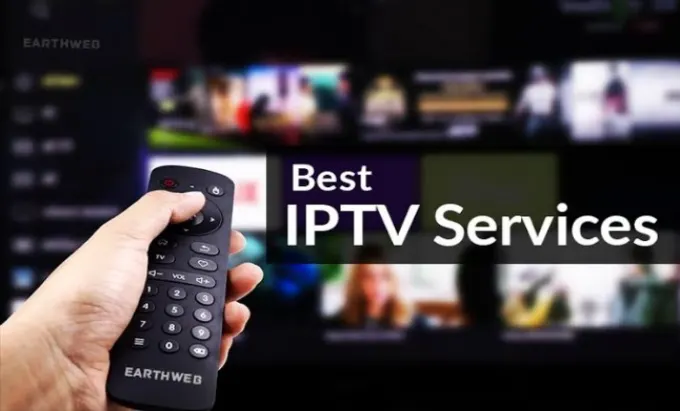In the rapidly evolving landscape of digital entertainment, iptv abonnement (Internet Protocol Television) stands out as a significant innovation, reshaping how people consume television content. Unlike traditional broadcast or cable television, IPTV leverages the power of the internet to deliver multimedia content, offering a more flexible, interactive, and personalized viewing experience.
What is IPTV?
IPTV refers to the delivery of television content over Internet Protocol (IP) networks. This technology enables users to stream media in real-time, bypassing the limitations of traditional broadcast methods. Instead of receiving broadcasts through terrestrial, satellite, or cable formats, IPTV uses internet connections to deliver content directly to a viewer’s device, whether it’s a smart TV, computer, smartphone, or a dedicated set-top box.
How IPTV Works
The functioning of IPTV involves several key components:
- Content Delivery: Content providers encode video and audio streams into IP packets and transmit them over the internet.
- Middleware: This software application acts as an intermediary between the content provider and the viewer, managing user subscriptions, content access, and interactive features like video-on-demand (VOD) and electronic program guides (EPGs).
- Client Devices: Viewers access IPTV services through various devices equipped with compatible software or applications, such as smart TVs, computers, tablets, and smartphones. Dedicated IPTV set-top boxes are also commonly used.
Key Features and Advantages
1. Flexibility and On-Demand Viewing:
IPTV allows users to access a vast library of content on-demand, providing flexibility in what, when, and where to watch. This contrasts with traditional broadcast schedules, empowering viewers to tailor their viewing experience to their preferences.
2. Interactive Services:
Middleware platforms enhance IPTV with interactive features such as VOD, time-shifted television (TSTV), and interactive advertising. These services enable viewers to pause, rewind, or fast-forward live TV, enhancing user control over their viewing experience.
3. Multi-Device Compatibility:
IPTV services are accessible across a range of devices, from smart TVs to smartphones, ensuring convenience and versatility in how viewers consume content. This compatibility promotes seamless integration into modern digital lifestyles.
4. Quality and Efficiency:
IPTV often offers higher-quality video and audio compared to traditional broadcast methods, owing to advancements in compression technologies and network infrastructure. This results in a more immersive viewing experience, especially for high-definition and 4K content.
Challenges and Considerations
While IPTV presents numerous advantages, several considerations exist:
- Bandwidth Requirements: Streaming high-quality video demands sufficient internet bandwidth, which may pose challenges in regions with limited broadband infrastructure.
- Content Licensing: Securing rights to broadcast content can be complex and costly for IPTV providers, affecting the availability and variety of content offered.
- Technical Support: Managing IPTV services requires robust technical support to ensure reliable streaming and customer satisfaction, particularly concerning software updates and network maintenance.
The Future of IPTV
The IPTV industry continues to evolve with technological advancements and changing consumer preferences. Innovations such as cloud-based streaming, integration with artificial intelligence (AI) for personalized recommendations, and the expansion of ultra-high-definition (UHD) content are shaping its future.
As consumer demand for flexibility, interactivity, and high-quality content grows, IPTV remains poised to play a pivotal role in the future of digital entertainment. Its ability to adapt to technological advancements and consumer expectations positions IPTV as a transformative force in the global media landscape.
In conclusion, IPTV represents a paradigm shift in how television content is delivered and consumed, offering unparalleled flexibility, interactivity, and quality. As technology continues to advance, IPTV is set to redefine the future of entertainment, promising an exciting era of personalized, on-demand viewing experiences for audiences worldwide.

